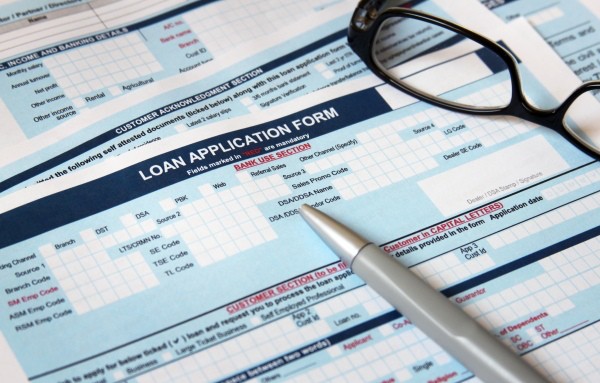
The Pros and Cons of Secured and Unsecured Personal Loans
At some point in life, almost everyone needs a loan. If you can pay it back, a loan can be one way to build credit and move forward with your life goals. Fortunately, you have a couple of primary lending options: secured and unsecured personal loans. Each one has pros and cons to consider before applying.
Secured Personal Loans
A secured personal loan requires collateral. If you are unable to repay the loan, the lender can seize the asset you used to "secure" the loan. Collateral must be an asset that you own outright, such as your car or house. The collateral must be equal in value to the total amount of money you are borrowing.
The most common types of secured personal loans are auto loans and mortgages. There are also secured credit cards. Your credit limit is equal to the amount you have deposited to secure the account.
Secured personal loans are available from online lenders, banks, or credit unions.
Pros of Secured Loans
A credit score is less important. Lenders feel more comfortable giving you a secured loan. Should you default, they can use the collateral to pay off the remaining balance.
Smaller monthly payments and longer loan repayment terms. Lower monthly payments are much more manageable when you are living on a tight budget.
Larger loan amounts. Secured loans are available at higher levels, and lower interest rates. If you default, the lender has a way to recoup most, if not all, the balance owed.
Improve your credit score. You build credit when you borrow and repay the loan, demonstrating responsibility. This makes it easier for you to obtain unsecured personal loans in the future.
Cons of Secured Loans
You can lose your property. You need to be 100% sure that you can repay the loan. If you do not, you risk losing the property you provided as collateral. Your credit score will suffer too.
Shorter forgiveness window. Carefully examine the terms of the loan. Some lenders begin the process of seizing your collateral as soon as you miss a couple of payments.
Unscrupulous fees and interest rates. It is essential to shop around for secured personal loans. Research carefully and apply only from reputable lenders.
Unsecured Personal Loans
An unsecured loan is obtained based on your ability to repay the loan. No collateral is required. The lender relies on your word and an assessment of your creditworthiness. Student loans, personal loans, and credit cards are examples of unsecured personal loans.
Pros of Unsecured Loans
Faster approval process Since there is no need to appraise your collateral, your approval process for an unsecured loan is much shorter.
No need to own any assets. Since no collateral is required, you can be approved even if you don't own any personal assets.
Cons of Unsecured Loans
More difficult to qualify. Because no collateral is involved, unsecured personal loans are more challenging to obtain.
You need good credit. If you have no credit history or your credit score is not good, your application for an unsecured loan is likely to be rejected.
Need to demonstrate sufficient income. If the lender feels that the loan payments would be impossible based on your take-home income, your application could be declined.
Higher interest rates and less favorable terms. Usually, the interest rate on unsecured personal loans is higher because the lender's level of risk is greater.
Subject to collections and other legal action. You may not have to put up collateral to qualify for an unsecured loan, but lenders do have recourse if you default on the loan. Your account can be placed into collections, and the lender can take other legal action against you. All of this will negatively impact your credit score.
Conclusion
Once you know the pros and cons of secured and unsecured personal loans, you can make an educated decision as to which one is best for you.